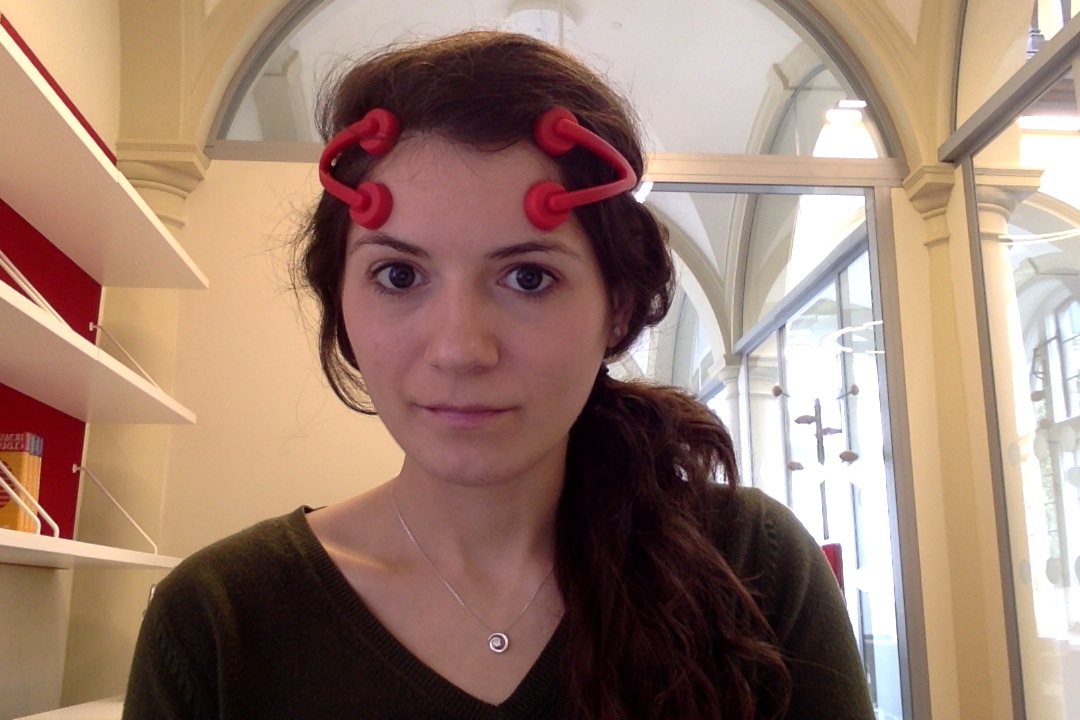Expert workshop on cognitive enhancement device regulation: Are there ‘two worlds’ of devices?
Last week, we held an expert workshop with key stakeholders to discuss our recent Oxford Martin School policy paper. Our policy paper put forward proposals for how we thought cognitive enhancement devices such as brain stimulators should be regulated. At present, if these sorts of devices do not make medical treatment claims (but instead claim to make you smarter, more creative or a better gamer, say) then they are only subject to basic product safety requirements. In our paper we suggested that cognitive enhancement devices should be regulated in the same way as medical devices and discussed how this could be implemented. Indeed, the devices that are being sold for enhancement of cognitive functions use the very same principles as devices approved by medical device regulators for research into the treatment of cognitive impairment or dysfunction associated with stroke, Parkinson’s disease and depression (amongst other conditions). Being the same sorts of devices, acting via similar mechanisms and posing the same sorts of risks, there seemed to be a strong argument for regulation of some form and an equally strong argument for adopting the same regulatory approach for both medical and enhancement devices.
Having published our paper, we were very keen to hear what people more closely involved in making policy and drafting legislation thought of our proposals. Individuals from the Medical and Healthcare Products Regulatory Agency, the EU New and Emerging Technologies Working Group, a medical devices company, the Nuffield Council on Bioethics, and experts on responsible innovation and on brain stimulation joined us. Overall, the response to our recommendations was positive: all participants agreed that some regulatory action should be taken. There was a general consensus that this regulation should protect consumers but not curtail their freedom to use devices, that manufacturers should not be over-burdened by unnecessary regulatory requirements, and that innovation should not be stifled.Read More »Expert workshop on cognitive enhancement device regulation: Are there ‘two worlds’ of devices?


